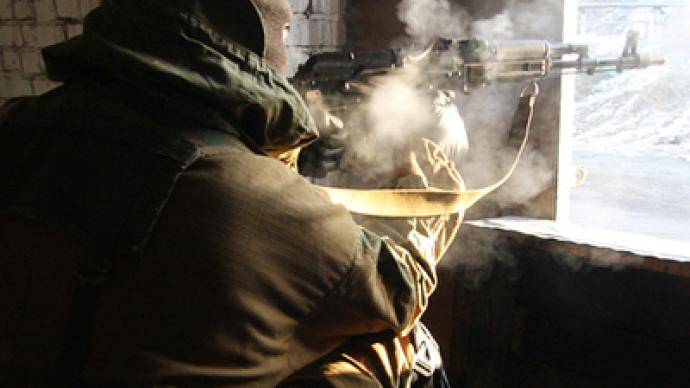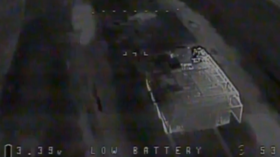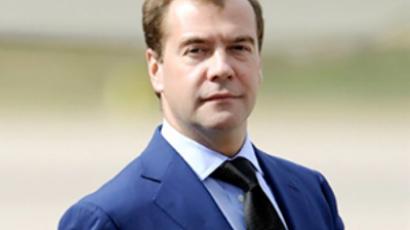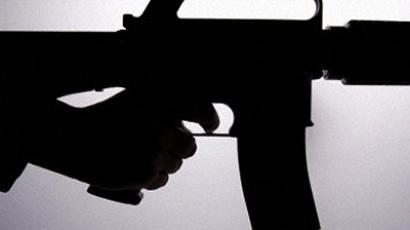“Finland permits condoning acts of terrorism” – writer

A priest is under investigation in Finland over his statements against one of the world's most wanted men, Doku Umarov, and an online mouthpiece of Chechen militants.
Pastor Juha Molari was charged with inciting racial hatred after he described Umarov as a "terrorist" in his interview with RT.Phil Rees, an expert on terrorism and the author of the book "Dining with Terrorists: Meetings with the World's Most Wanted Militants", said the issue poses questions regarding freedom of speech.“I think this is a fascinating case which, apart from on RT, has got very little coverage, because it does, actually, invite questions over the limitations of freedom of speech. When should those who encourage acts of terrorism be allowed freedom of speech?” he said. “But of course, the pastor involved also made criticisms of Chechens in Finland and it has been suggested that he is accused of inciting racial hatred, which is another law that has been brought in in most European countries in the last decade which again limits freedom of speech.”The charges against Molari were brought despite the fact that Umarov himself has claimed responsibility for many of Russia's worst terror attacks.Molari has also been a long-time critic of the Kavkaz Center website, where extremists from the North Caucasus openly express their views.The website is banned in Russia and many European countries, but freely operates in Finland.Phil Rees said that some states’ support for militants exposes the tragic reality of global politics when particular political interests stand higher than the world’s war on terror. “The problem is that you’ve got this grey area, you’ve got people who support certain political courses. When does that support for a political course turn into a support for violence?” Rees asks. “Clearly, if you are supporting those people in the Caucasus emirates I think that you are supporting acts of terrorism, quite clearly, from the things they’ve done to Russia. But it’s a fine line to be drawn. I think that certainly in Britain they decided after 2001 to move that line, to restrict freedom when it comes to encouraging acts of terrorism. But it seems to me that Finland has not.”“Unfortunately, while the globe can talk about a war on terror, in fact a lot of countries still support insurgents in other countries if they feel that their political interests and their leverage over that country may be helped by that. That’s a tragic reality in global politics,” he concluded.














